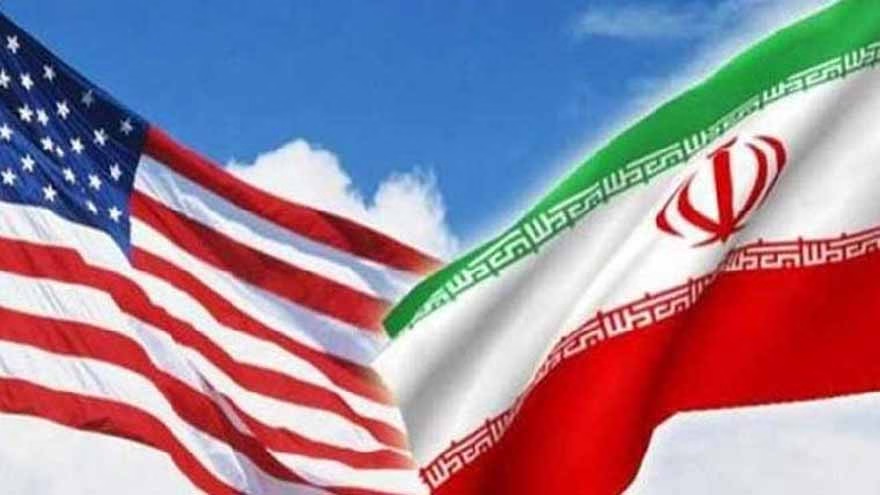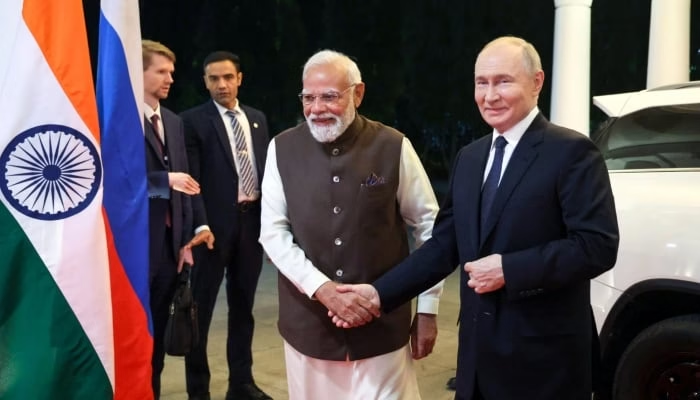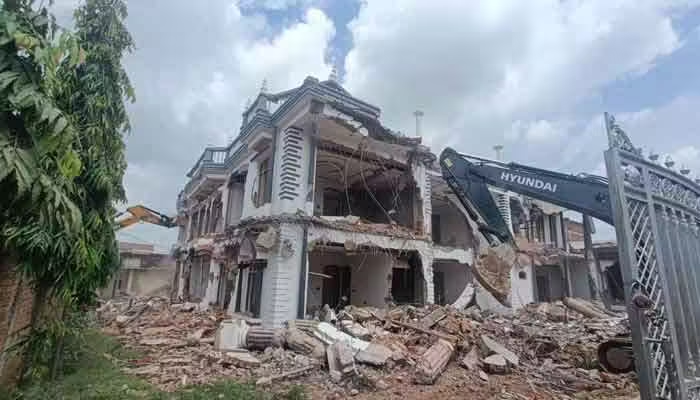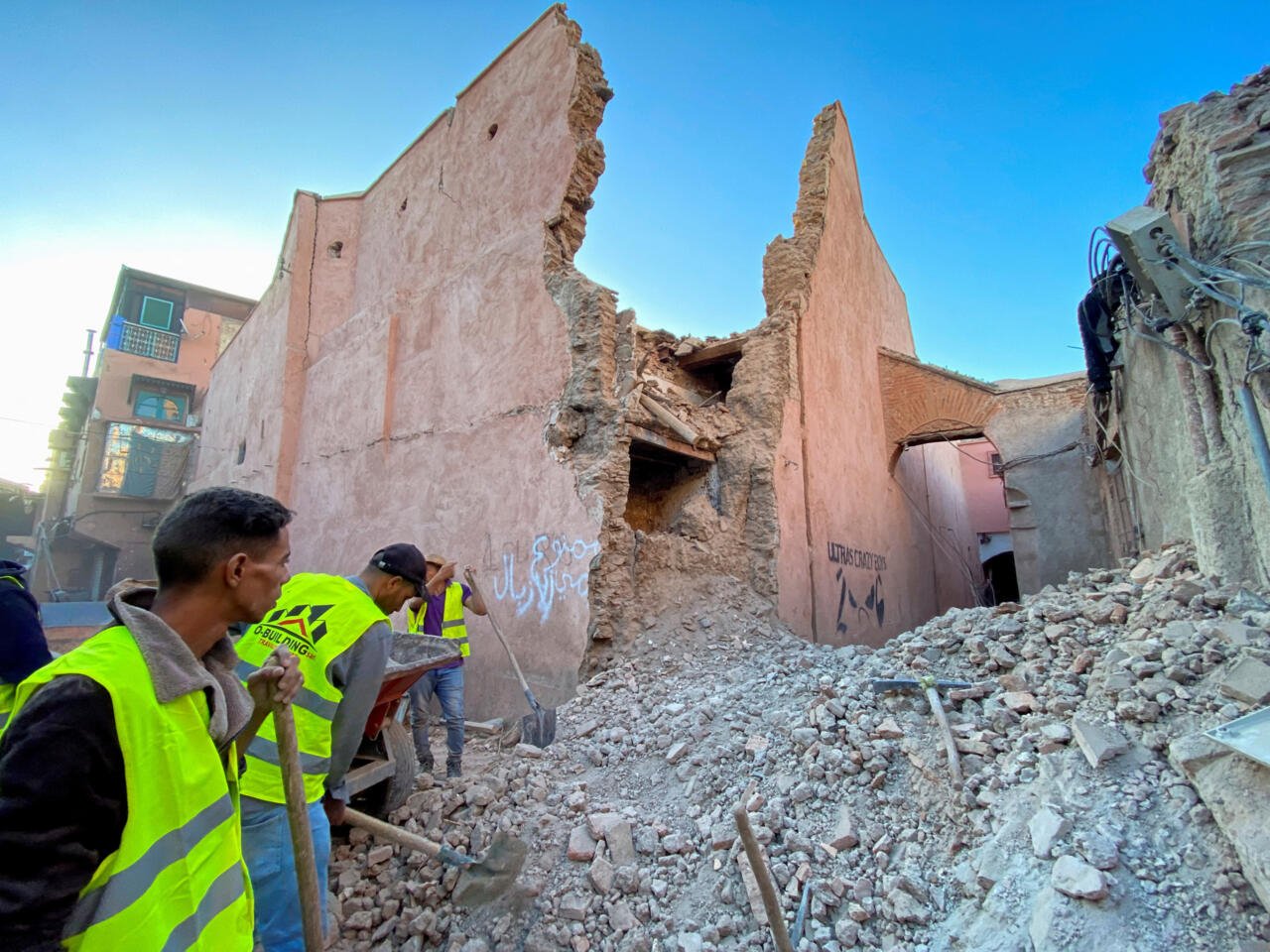The recent joint military strikes by the United States and Israel on Iran’s nuclear facilities have ignited a fierce global debate—one that cuts to the core of international law, nuclear deterrence, and the fragile balance of global security.
Under the directive of former US President Donald Trump, the operation was presented by supporters as a bold and necessary intervention. In their view, this was a decisive step to halt Iran’s decades-long pursuit of nuclear weapons—a pursuit that reportedly cost over $500 billion and stretched across four decades. The destruction of Iran’s nuclear infrastructure, largely achieved in a single night, is now being used by proponents as a global warning.
A Necessary Strike?
Advocates of the strike argue that the operation sends a clear, precedent-setting message: no nation, regardless of its motivations or regional grievances, will be allowed to acquire illegal nuclear weapons without facing consequences. This doctrine of decisive denial, as some US strategists have called it, is intended to deter other states from even contemplating the nuclear path.
From this perspective, Iran’s example serves as a cautionary tale. Despite investing immense political, economic, and scientific resources into its nuclear infrastructure, it was all dismantled within hours. Supporters believe this act of military assertiveness may, paradoxically, reduce long-term nuclear proliferation, as countries will think twice before engaging in similar pursuits.
A Dangerous Precedent?
But a powerful counter-narrative has emerged across much of the international community.
Critics say the strikes have weakened the legitimacy of international norms and could, in fact, accelerate nuclear proliferation, rather than halt it. According to leading analysts and diplomats, the most dangerous message sent is not to would-be proliferators, but to states that currently do not possess nuclear weapons.
The argument goes like this: If a non-nuclear country like Iran—regardless of its compliance or violation of international norms—can be attacked by nuclear powers, then why should any vulnerable state avoid acquiring nuclear weapons? The strike, they argue, reinforces the idea that only nuclear-armed nations are safe from external aggression.
This shift in perception could have sweeping consequences. More than 40 countries today possess the economic and technical capacity to build nuclear weapons. If the perceived benefits of nuclear deterrence outweigh the risks, the global nuclear club could double in the next two decades.
Allies Growing Uneasy
Even within America’s traditional alliances, the strike has caused unease. Several European and Asian partners are now reportedly re-evaluating their dependence on US defense guarantees, questioning whether Washington’s unilateral actions reflect a more unpredictable strategic doctrine.
If these allies start doubting the reliability of extended deterrence, some may begin to seriously explore independent nuclear options. This would mark a significant breakdown in the Nuclear Non-Proliferation Treaty (NPT)—a cornerstone of global disarmament efforts.
Strategic Chaos Ahead?
General Dan Caine, Chairman of the US Joint Chiefs of Staff, echoed this concern recently. Speaking at a classified briefing, he warned that even proliferation among allies undermines America’s ability to manage strategic escalation. It also gives adversaries a reason to modernize and expand their nuclear arsenals, worsening the arms race.
Furthermore, General Caine emphasized that preemptive strikes, while successful in the short term, can erode the credibility of the global nonproliferation framework and embolden nuclear-armed rivals like Russia and China to justify similar future actions.
As global leaders process the fallout of the Iran strike, the world stands at a critical geopolitical crossroads. The coming weeks and months will determine whether this action is remembered as a turning point toward disarmament and deterrence, or the beginning of a new, dangerous nuclear age.
The central question remains hauntingly unresolved: Is the United States strengthening global security through decisive action, or is it unknowingly setting the stage for a broader nuclear arms race?
Whatever the answer, the international community must now navigate the consequences of a world where military force, once again, determines the future of nuclear policy.



